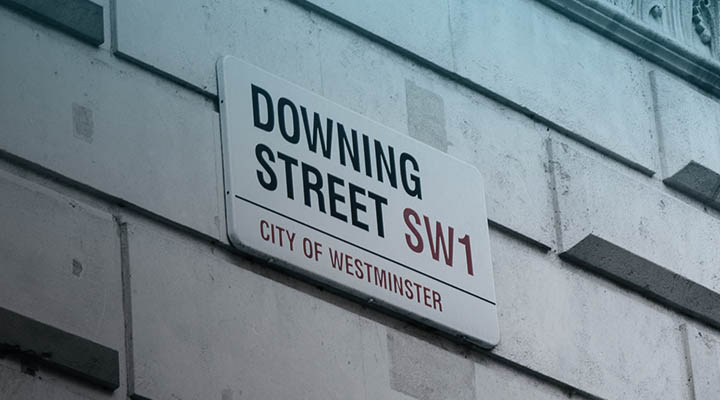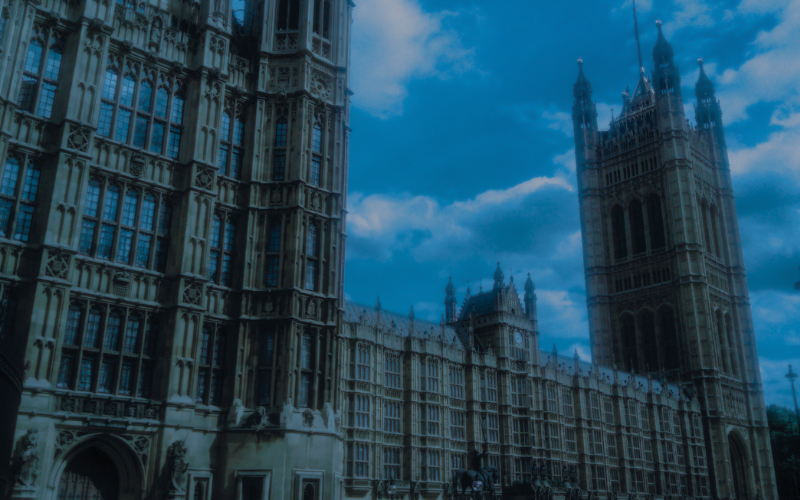Even before COVID-19 was declared as a pandemic, the UK Government was undergoing significant and unprecedented change to ensure that its response to the crisis is clear – protect people’s health and support economic security, in the safest possible way.
The impact hijacked Rishi Sunak’s inaugural Budget and has all but muted what was predicted to be the headline act – Brexit. The focus is clear - support public services, individuals and businesses affected by COVID-19.
The Chancellor’s initial ‘fiscal response’ pledged billions to combat the virus, including extra NHS funding, extending Statutory Sick Pay, and help for small to medium businesses including reform of business rates for eligible sectors. Since then, further measures have been introduced such as the Job Retention Scheme, deferment of VAT and Income Tax, the Self Employment Scheme and the Business Interruption Loan Scheme. Further change will occur, as the government reacts to safeguard the population and its economy.
These changes are having an unparalleled impact on citizen-facing government services and their back-end operations across the ministerial departments, agencies and public bodies. Their ability to pivot and adjust to alter operations is paramount.
For example, the Home Office has a duty to keep citizens safe and the country secure. The crisis has resulted in several changes enacted with immediate effect. A COVID-19 immigration team has been established to process extensions to visas for those currently unable to return home. Additionally, for those wishing to stay in the UK long-term, the in-country switching provisions have been temporarily expanded, enabling people to apply to switch routes (e.g. from Tier 4, Student visa to Tier 2, General Worker visa), whilst remaining in the UK. The increasing reliance on case working, and the systems that support is inevitable, as their flexibility and ability to process a greater rate of productivity are now substantially important.
Similarly, the Department for Transport (DfT) has been integral to the defence strategy. The message to social distance and only travel for essential purposes has been made extremely clear. The DfT has taken the nation’s rail network into public control so that trains continue to operate during the crisis. Suspensions of a minimum of six months have been put in place for all rail franchise rules, with the government now taking full responsibility for train costs and orchestrating emergency timetables to allow key workers to travel to and from their jobs. The Driver and Vehicle Standards Agency (DVSA), an executive agency of DfT, has adjusted one of its key services, with a six-month exemption of MOT testing coming into effect from the 30th of March. This dispensation will enable vital services to continue, frontline workers to get to work and people to get essential food and medicine during the outbreak.
How Can We Help?
With over 100 successful UK government deliveries to our name, BJSS is well-positioned to quickly mobilise expertise to help other government organisations respond to changes in legislation and policy quickly and efficiently. BJSS can provide:
- Service design and Discovery engagements to rapidly identify options available to address complex situations
- Rapid delivery of responsive applications to support citizens and businesses
- Automation of services currently stretched by exceptional demand
- Pre-built accelerators such as chatbot frameworks to deliver solutions that handle repetitive requests
- Implementation of government standard and bespoke APIs to integrate systems enabling quicker and safer outcomes
- Creation of data stores, and the application of data science to collate and analyse patterns and insights into behavioural change
BJSS services are available via all core Crown Commercial Service frameworks, including DOS 4, G-Cloud 12, TS2 and DPS Sparck.
Published
April 29, 2024Reading time
2 minutesRelated posts





